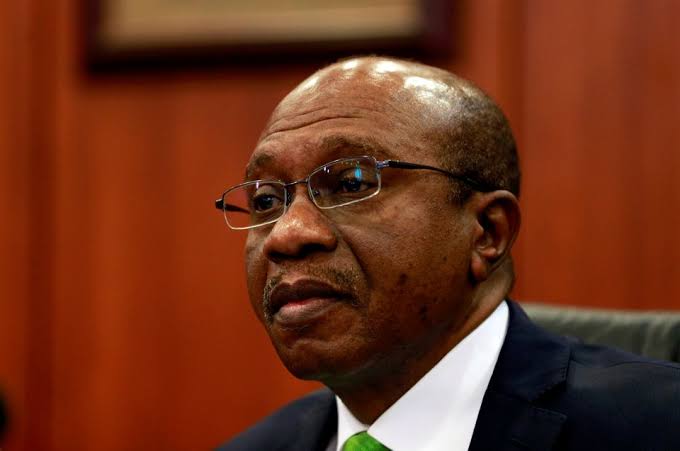Although 64 per cent achievement has been made in its financial inclusion target, the Central Bank of Nigeria (CBN) says existence of financial illiteracy, low level formal financial services and low income level are hampering the process of integrating more Nigerians into the financial sector.
Other factors militating against the process are underdeveloped technology ecosystem and weak infrastructure that have continued to limit the potential for integration of digital financial services in Nigeria.
There also exist the fear of FinTech outcompeting traditional banks, with associated profitability risk which is in addition to the view that with increased technological absorption and financial digitisation comes increased risk of data theft and privacy, cybercrime and fraud.
These were among other challenges highlighted by stakeholders in Abuja yesterday at the 28th edition of the annual In-house executive seminar organised by the CBN to have hamper digital financial inclusion in Nigeria.
CBN governor Godwin Emefiele in a keynote address on, “Digitalisation of Money and Monetary Policy” in Nigeria, said despite the success recorded so far in the digital transformation journey, the current financial inclusion rate suggested that more work was needed.
Emefiele who was represented by the deputy governor, financial system stability, Aisha Ahmed, said such challenges have continue to dissuade investments and inhibiting social and economic advancement and as such called for deepening of the financial system through broader coverage.
He said through deliberations at the seminar, the exploration of jurisdictional experiences, particularly in emerging market economies, the apex bank may harvest some ideas on how to address the challenges in the digital transformation journey.
Also speaking, CBN deputy governor, economic policy, Dr Kingsley Obiora said the digitalisation of money was very important for the facilitation of remittances, financial inclusion, financial market deepening and economic growth.
He said, “We must continue to improve on the rate of adoption of the eNaira, especially for the informal sector of the economy, pooling all these factors together will strengthen the transmission mechanism of monetary policy, improve payments system and lead a more stable economy”.





